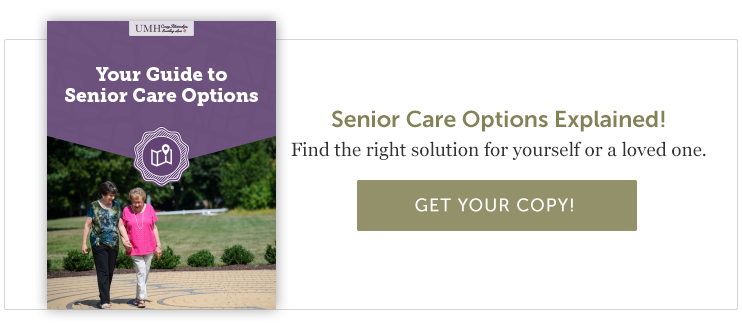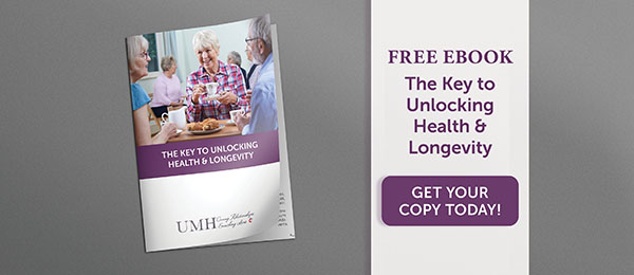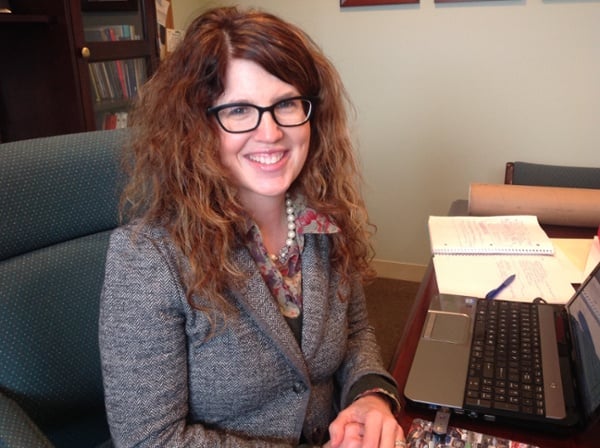One of the most prominent challenges for seniors living with Alzheimer’s is consistently remembering to take their medication—in the exact prescribed dosages and at the correct times. Depending on an individual’s specific physical and mental health needs, there’s likely to be a number of different medications to manage, with quantities and/or physician directives changing as the senior’s circumstances change. Ultimately, this process can become a highly complex one, and handling it properly is absolutely critical to a senior’s health and well-being.
To help caregivers of seniors battling Alzheimer’s disease and dementia get a better handle on this issue, the following are some valuable pieces of information about both the nuances of medication management for this population and ways to tackle the responsibility effectively.
Communication with Physicians
It is essential for any caregiver managing medication for a senior living with Alzheimer’s to have clear communication with the primary care doctor and specialists who may be prescribing medication to your loved one. From Alzheimer’s-specific medications to prescriptions and supplements that address other medical issues and overall well-being, there’s ample risk for negative drug interactions or unexpected side effects unless everyone is on the same page.
Therefore, be diligent about ensuring that each healthcare team member knows about any prescription or over-the-counter medication your loved one is taking, including herbal or vitamin supplements. For every appointment, they attend, make a detailed list of current medications and dosages so you can communicate this information accurately. Don’t be afraid to ask questions to understand what each medication does, how it works, what interactions may exist, and what possible side effects are to be expected.
Maintain an updated, written record of this information so that you can use it to not only administer your loved one’s medication properly but also keep all involved health care providers in the loop. This worksheet from the National Institute on Aging is a great support tool for aggregating these details.
Staying Organized and Consistent
Many people with Alzheimer's have coexisting medical diagnoses, such as diabetes, high blood pressure, and/or heart disease, and may take different medicines for these conditions. Some take medicines to treat behavior problems such as restlessness, anxiety, depression, trouble sleeping, and aggression. Particularly as your loved one’s disease progresses, they will have difficulty remembering what they’re supposed to take and when, which is why your involvement as a caregiver is so crucial.
Managing an extensive list of medications can be difficult and confusing for anyone in this position, so putting organizational practices into place is paramount. Doing so simplifies the process and makes medication administration much more streamlined and effective. Develop a schedule and routine that supports your loved one’s medication plan. Leverage daily pill organizers to get every prescription, over-the-counter medication, vitamin and supplement clearly set out and stress-free. Set reminders that indicate when each allotment must be taken, and either administer them yourself or contact your loved one to take them at the appropriate time.
Also, don’t overlook the importance of setting up a system to ensure prescriptions are filled and picked up on schedule. If even one medication is missed because of a delay in the process, it could be problematic to their health. Arrange your calendar or medication list accordingly to remember when these tasks must be completed. With an organized approach, ensuring that your loved one gets the medication they need, when they need it, is a much more manageable effort.

Consumption and Safety Considerations
Some of the medications your loved one may be prescribed are recommended to be taken with food or liquid, or on an empty stomach. It is vital to note these considerations and ensure that the exact directions are followed. Otherwise, your loved one could experience uncomfortable or unhealthy side effects. If you’re not personally administering the medication, it’s important to layout clear and simple directions on how your loved one should be consuming it. Otherwise, their memory or cognitive issues could limit their ability to do so properly.
Unfortunately, some people, especially those with late-stage Alzheimer's, may have trouble swallowing pills. In this case, ask the pharmacist if the medicine can be crushed or taken in liquid form. But be aware that no crushing or mixing into food or liquid should occur without the direct go-ahead from the physician or pharmacist, as doing so may render certain medications ineffective or unsafe.
Additional measures are fundamental to managing your loved one’s medication in the safest way possible. Locking each one up, for example, helps to ensure that your loved one doesn’t accidentally overdose or take an incorrect medication. Also, you need to pay close attention to expiration dates and dispose of any that are out of date. Particularly if or when your loved one begins a new prescription, be sure to monitor its effectiveness and any side effects. Issues like dizziness, loss of sleep, weakness, upset stomach, or pain should be reported to their medical professional.
Memory Care Support
Medication management for a loved one living with Alzheimer’s or dementia is a meticulous job—one that must always be taken very seriously. For some caregivers, the burden of this responsibility, in conjunction with a range of other growing needs, can become too overwhelming to handle effectively. In many cases, the right solution is relying on the quality services of a memory care community.
Memory care is a specialized form of assisted living that caters to individuals faced with degenerative memory diseases like Alzheimer’s or dementia. These distinct memory challenges require no less than skilled professional support in order to maintain the resident’s health and safety. The best memory care communities also prioritize each resident’s mental acuity and emotional well-being, placing great focus on compassion, dignity, human connection, and opportunities for engagement.
With a trained caregiving team to consistently manage and administer medications daily, as well as nurses and staff who cater to individual needs and monitor behaviors and changes in health, you can rest assured that your loved one is getting what they need to maintain optimal physical and mental well-being.
To learn about UMH communities, including the memory support services provided for residents and their families, visit our memory care page, contact us today or schedule a complimentary visit now. For additional tips on senior health and lifestyle issues, check out our blog.







